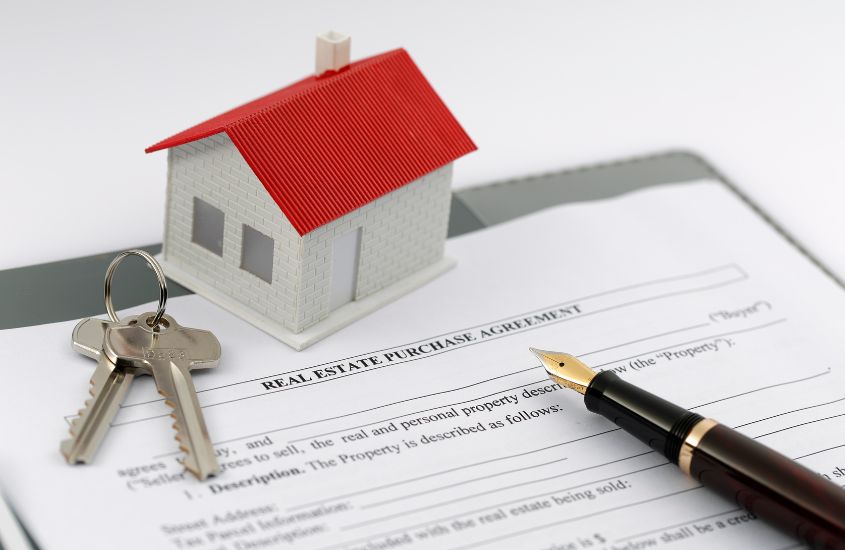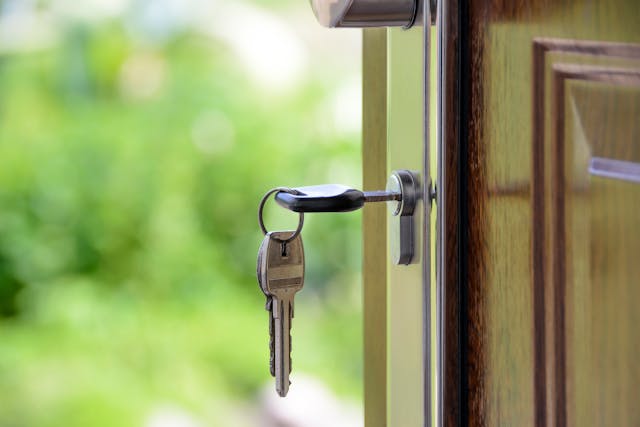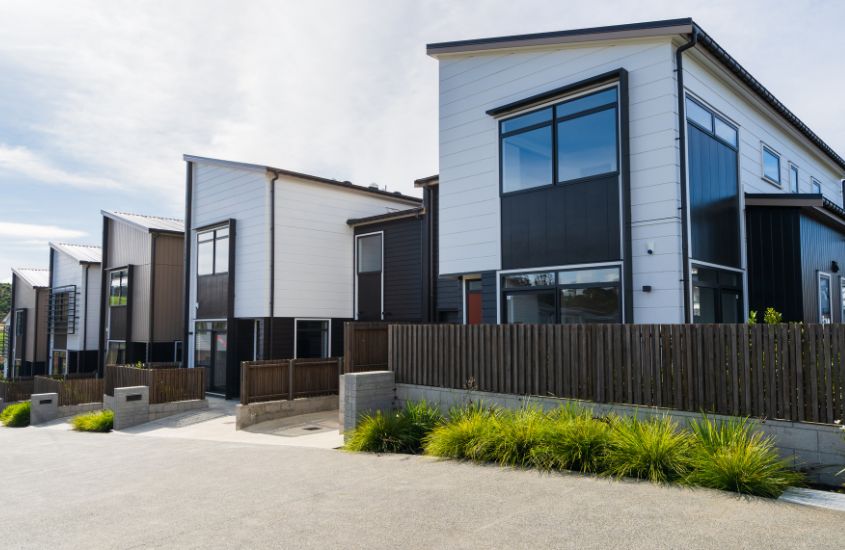Investing in real estate in Portugal can be an exciting venture, but it also comes with its share of complexities, especially regarding legal documentation. One of the most critical documents you will encounter is the property deed, which serves as the official record of ownership. In this blog post, we will explore the concept of property deeds in Portugal, the different types available, the process of obtaining one, and the legal implications involved. Understanding these aspects is essential for anyone looking to buy property in this beautiful country.
What is a Property Deed?
A property deed is a legal document that signifies the transfer of ownership of real estate from one party to another. It outlines the rights and responsibilities of the new owner and serves as proof of ownership. In Portugal, property deeds are typically drafted by a notary and must comply with specific legal requirements to be valid.
Types of Property Deeds in Portugal
Public Deed
The public deed (escritura pública) is the most common form of property deed in Portugal. It is executed in front of a notary public and serves as an official record of the transaction. This type of deed is essential for registering the property with the Land Registry (Conservatória do Registo Predial). Public deeds are typically used for the sale of properties and must include detailed information about the property, the parties involved, and any encumbrances or rights associated with the property.

Private Deed
A private deed (escritura privada) is less formal and does not require a notary's presence. While it can be used for property transactions, it is not commonly recommended for significant purchases, as it lacks the same legal security as a public deed. Private deeds may be used for preliminary agreements or transactions between familiar parties, but they should eventually be converted into a public deed to ensure proper registration and protection of ownership rights.
The Process of Obtaining a Property Deed
- Negotiation and Agreement: The buyer and seller negotiate the terms of the sale, including the price and conditions of the transaction.
- Due Diligence: Conduct thorough due diligence on the property, including checking its legal status, ensuring there are no outstanding debts, and confirming that the seller has the right to sell.
- Drafting the Deed: Once an agreement is reached, the public deed must be drafted by a notary. Both parties must provide identification and any necessary documentation related to the property.
- Signing the Deed: The parties sign the public deed in the presence of the notary, who then registers the transaction with the Land Registry.
- Payment of Taxes: Upon signing, the buyer must pay the Property Transfer Tax (Imposto Municipal sobre Transmissões Onerosas de Imóveis, IMT) and any other applicable fees.
Key Components of a Property Deed
A property deed typically includes the following key components:
- Identifying Information: Names and identification details of the buyer and seller.
- Property Description: A detailed description of the property, including its location, size, and boundaries.
- Purchase Price: The agreed purchase price and payment terms.
- Encumbrances: Any existing mortgages, liens, or other claims against the property.
- Signatures: Signatures of the buyer, seller, and notary.
Legal Implications and Considerations
Understanding the legal implications of property deeds in Portugal is crucial for protecting your investment. Ensure that the property is free of debts and encumbrances before finalizing the transaction. It's also advisable to consult with a legal professional or a buyer's agent who specializes in Portuguese real estate to navigate the complexities of property law and ensure that all documents are in order.
Conclusion
Acquiring a property deed in Portugal is a fundamental step in the real estate buying process. Whether you are purchasing a home, an investment property, or a vacation retreat, understanding the different types of deeds, the process of obtaining one, and the legal considerations involved is essential. At Portugal Investment Properties, we are committed to guiding you through the intricacies of property ownership in Portugal, ensuring that your investment is secure and compliant with local regulations. If you're ready to take the next step in your property journey, contact us today for expert assistance.












